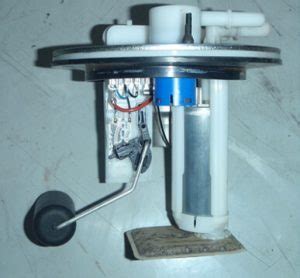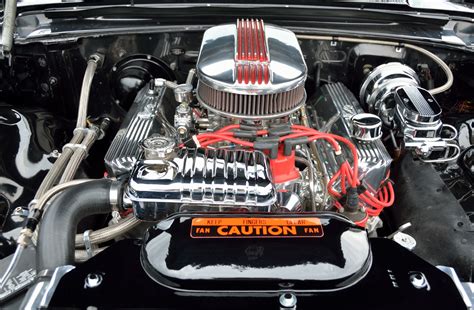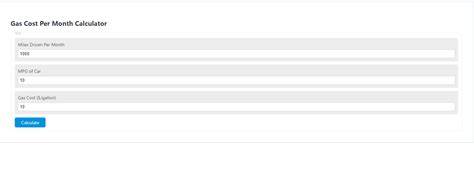The Octane Dilemma: More Than Just a Number?
Walk into any gas station, and you’re presented with a choice: regular, mid-grade, and premium. For many drivers, the temptation to opt for a higher octane fuel, believing it will unlock superior performance, better fuel economy, or even a cleaner engine, is strong. But is there any truth to these common assumptions? Does pouring more expensive premium fuel into your tank genuinely optimize your car’s performance and help you save money in the long run?
This widespread belief often leads consumers to spend unnecessary dollars at the pump. Understanding what octane really is and how it interacts with your car’s engine is crucial to making an informed decision that benefits both your wallet and your vehicle.

Understanding Octane: What Your Engine Really Needs
Octane isn’t a measure of fuel energy or quality in the way many perceive it. Instead, it’s a rating of gasoline’s resistance to premature ignition, also known as “engine knock” or “pinging.” When fuel and air compress in an engine cylinder, they should ignite only when the spark plug fires. If the fuel ignites too early due to high compression or heat, it causes a knocking sound and can lead to engine damage over time.
Different engines are designed with varying compression ratios. High-performance engines, particularly those with forced induction (turbochargers or superchargers) or higher compression ratios, generate more heat and pressure within the cylinders. These engines require higher octane fuel to prevent pre-ignition and ensure smooth, efficient operation. Conversely, most standard vehicles, including many family sedans, SUVs, and trucks, are engineered for lower compression ratios and are perfectly happy running on regular 87 octane gasoline.

Premium vs. Regular: The Performance Myth Debunked
For vehicles not specifically designed for premium fuel, using a higher octane gasoline will not magically boost horsepower or improve acceleration. Modern cars are equipped with sophisticated engine control units (ECUs) and knock sensors. If you put lower octane fuel into an engine designed for premium, the knock sensors detect the pre-ignition, and the ECU retards the ignition timing to prevent damage. This adjustment, however, can slightly reduce performance and fuel economy.
Conversely, putting premium fuel into an engine designed for regular gasoline typically yields no measurable benefit. The engine’s ECU is already optimized for 87 octane, and it won’t advance timing or increase power simply because there’s a higher octane fuel in the tank. You’re essentially paying more for a characteristic your engine doesn’t need and can’t utilize.

Does Higher Octane Boost MPG or Save Money?
The short answer for most vehicles is no. For cars recommended to use regular fuel, premium gasoline will not improve your miles per gallon (MPG). In fact, because you’re paying more per gallon, your cost per mile effectively increases without any corresponding benefit in fuel efficiency. The idea that premium fuel burns “cleaner” or extends engine life is also largely unfounded for modern vehicles, as all grades of gasoline contain detergents to keep fuel systems clean.
The only scenario where higher octane might indirectly affect MPG positively is in vehicles that *require* it. If such an engine is run on lower octane fuel, the ECU’s timing retardation could lead to slightly reduced fuel efficiency. By providing the recommended premium fuel, you ensure the engine operates as intended, achieving its designed performance and economy figures.

Your Owner’s Manual: The Ultimate Guide
The definitive source for what fuel octane your car needs is its owner’s manual. Most manuals will clearly state whether your vehicle “requires” premium fuel or if it merely “recommends” it. If it requires premium, then you should use it to avoid potential engine damage and ensure optimal performance. If it only recommends premium, it means the car will run perfectly fine on regular, though you might see a tiny, almost imperceptible increase in horsepower with premium under certain driving conditions.
For the vast majority of drivers, sticking to the manufacturer’s recommended octane rating, which is often regular 87 octane, is the most cost-effective and efficient approach. Don’t fall for the marketing hype; let your car’s engineering dictate your fuel choice.

Conclusion
The quest to boost MPG and cut gas costs often leads drivers down the path of higher octane fuels, fueled by common misconceptions. In reality, unless your vehicle’s manufacturer explicitly requires premium gasoline, opting for a higher octane rating is an unnecessary expense that offers no tangible benefits in terms of performance, fuel economy, or engine longevity. Consult your owner’s manual, understand your car’s true needs, and choose the fuel that’s right for your engine—and your wallet.




